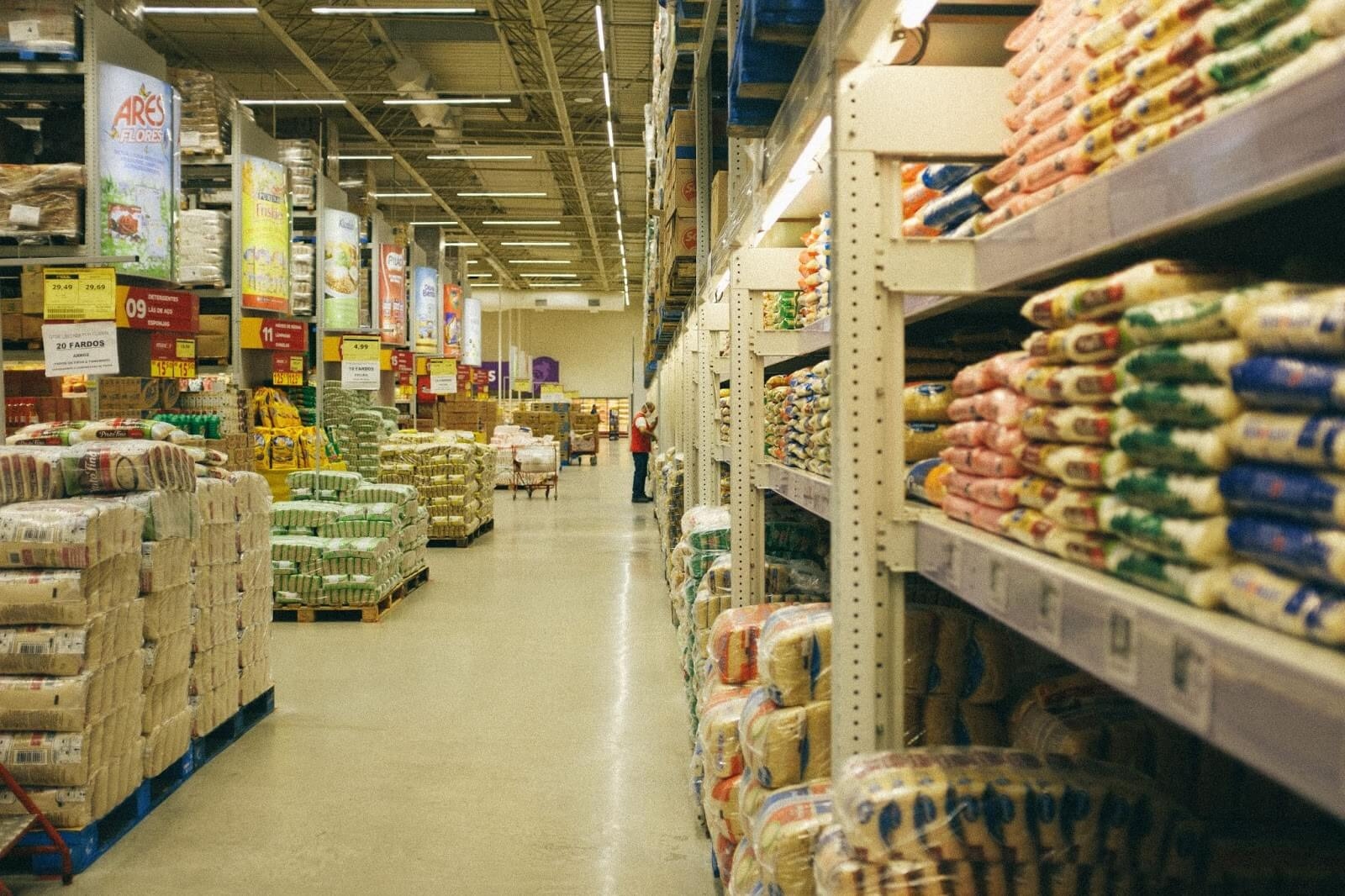Wholesale pallet buying can be a lucrative venture for businesses looking to optimize their supply chain and save costs, but it requires careful consideration and strategic planning. Here are ten crucial tips for wholesale pallet buyers to keep in mind;
Research and identify reliable suppliers: Before making any purchases, thoroughly research potential suppliers. Look for reviews, testimonials, and ratings to gauge the reliability of the supplier. Establishing a relationship with pallet distribution services is essential for consistent quality and timely deliveries.
Warehouse and storage considerations: Ensure you have adequate space to store your wholesale purchases. Factor in storage costs and logistics when calculating the overall cost of your inventory. Efficient warehouse management is crucial for a successful wholesale business.
Understand your needs and specifications: Clearly define your product requirements, including size, weight, and any specific features. Understanding your needs will help you communicate effectively with a pallet distribution company and ensure that you receive pallets that meet your specifications.
Quality assurance: Prioritize quality over cost. Inspect sample pallets or ask for product specifications to ensure they meet industry standards. Investing in high-quality pallets may initially cost more but can prevent potential problems in the long run, such as product damage or supply chain disruptions.
Consider environmental impact: Evaluate the environmental sustainability of the pallets you are purchasing. Sustainable and recyclable materials contribute to a positive corporate image and may align with your company’s commitment to eco-friendly practices.
Negotiate terms and pricing: Negotiate terms such as payment terms, delivery schedules, and pricing. Establishing clear communication channels and mutually beneficial agreements can lead to long-term partnerships with suppliers.
Evaluate transportation costs: Factor in transportation costs when assessing the overall expense of purchasing wholesale pallets. Consider working with commercial storage who are strategically located to minimize shipping expenses and delivery times.
Stay Informed about industry standards: Keep abreast of industry standards and regulations related to pallets. Understanding these standards will help you make informed decisions about the types of pallets that are suitable for your products and ensure compliance with relevant regulations.
Bulk purchases for cost savings: Buying in bulk often results in cost savings. Consider your storage capacity and cash flow when deciding on the quantity to purchase. third party logistics can also strengthen your negotiating position with suppliers.
Establish a contingency plan: Anticipate potential disruptions in the supply chain and have a contingency plan in place. This could involve having alternative suppliers or maintaining a safe stock of pallets to mitigate any unexpected shortages.
Build long-term relationships: Cultivate long-term relationships with reliable suppliers. Consistency and reliability are crucial in the wholesale business, and a strong partnership can lead to better terms, priority service, and a smoother supply chain.
Stay flexible: The wholesale market can be dynamic, with prices and availability subject to change. Stay flexible and be ready to adapt your strategy based on market conditions. Being agile allows you to seize opportunities and navigate challenges more effectively in the wholesale industry.
Research and due diligence: Before diving into any wholesale purchase, conduct thorough research on potential suppliers. Verify their reputation, read reviews, and check for any red flags. This initial step can save you from potential scams or unreliable sources.
Final Thoughts
Successful wholesale pallet buying requires a combination of research, communication, and strategic planning. By carefully considering these ten tips, businesses can optimize their pallet procurement process and contribute to the overall efficiency of their supply chain.


